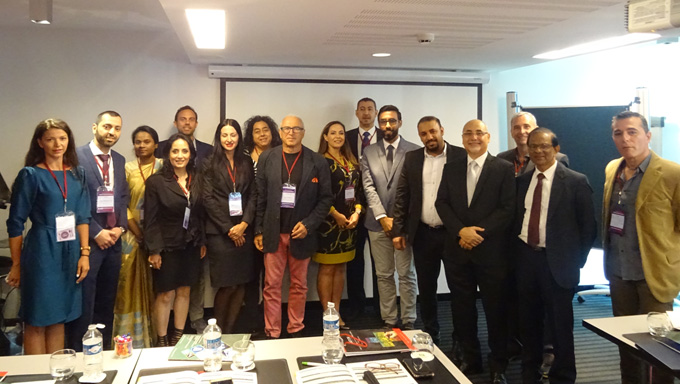
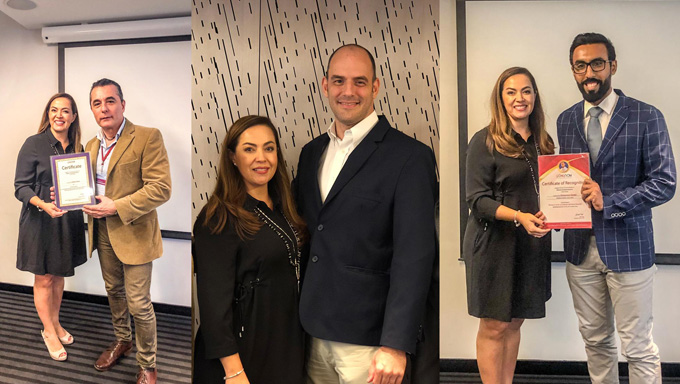
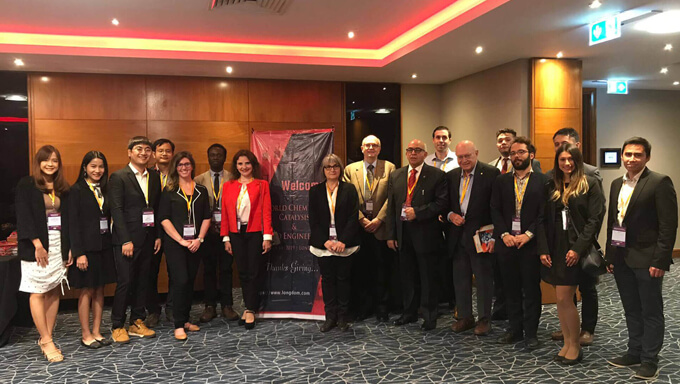
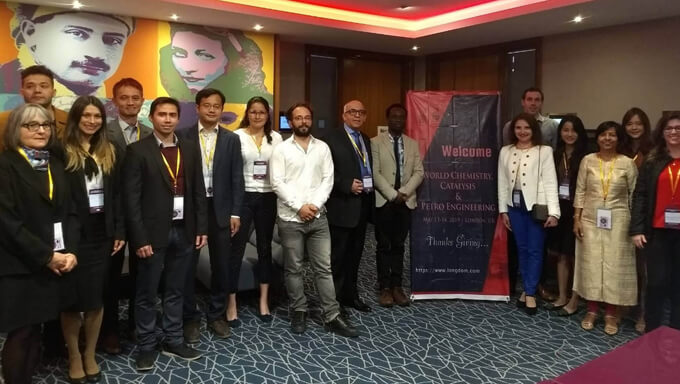
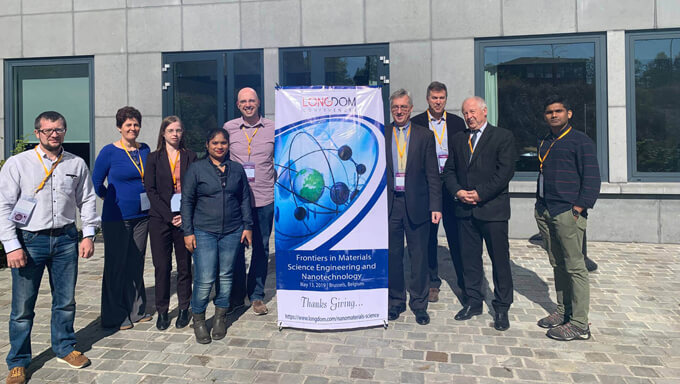
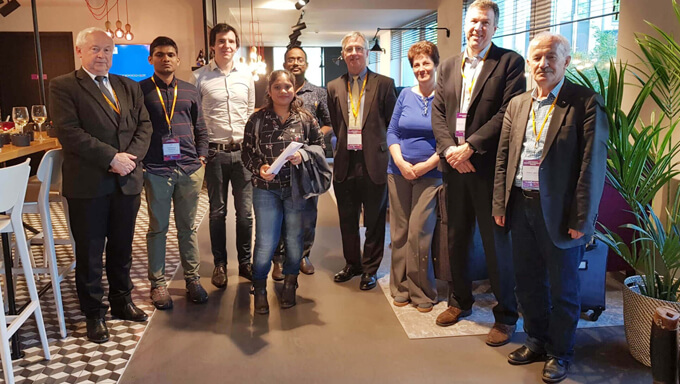
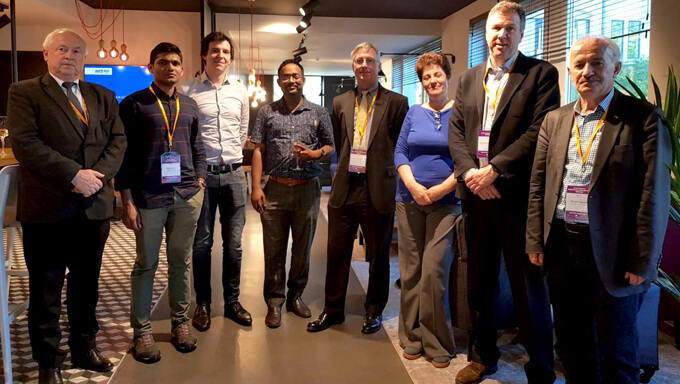
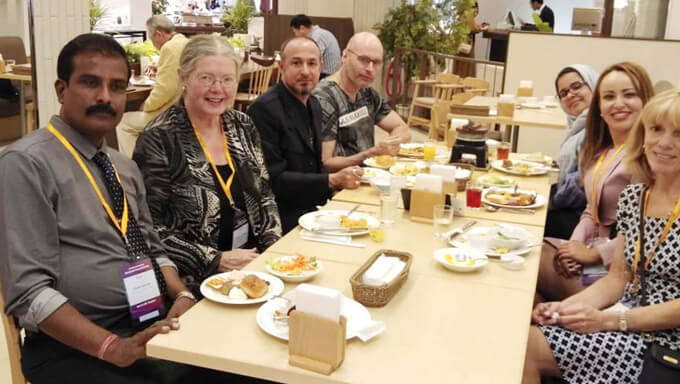
Allergy is an exaggerated inflammatory response is mounted against a harmless substance. The most common skin allergies include eczema, hives/angioedema and contact dermatitis. Allergic skin disease occurs when the body’s immune system over-reacts to some offending substance. Substances to which animals are allergic ("allergens") produce additive effects, so the severity of the itchy skin lesions is a result of the summation of each allergen’s effect. The most common causes of allergic skin disease are inhalants (such as pollens, molds and house dust), foods and fleas. Inhalant allergies (called "atopy") and food allergies most commonly affect the face, ears, front of the forelegs, webbing between the toes of the front paws, belly, groin and armpits. Other factors which can exacerbate allergic skin disease include overly dry skin (for example, secondary to hypothyroidism), sub-optimal diet, flea infestation and skin infections (for example, infected skin folds in heavily wrinkled dogs). Other causes of skin diseases, including parasites (e.g., mites), fungi (e.g., ringworm), autoimmune reactions and endocrine disorders, should be treated.
Infectious diseases, including HIV/AIDS, tuberculosis(TB), malaria, poliomyelitis, and some others tropical diseases (NTDs) are rapidly spread out through communication(verbal), water, and wind. It also transmitted by vectors (mosquitoes, flies) and a major issue in developing countries. In the past, infectious diseases had been widely spread-out in developing countries and chronic diseases were found primarily in high-income countries.
Clinical immunology deals with the study of diseases caused due to the disorders in the immune system. The disorders may be failure or aberrant action of immune system and sometimes due to malignant growth of cellular and molecular components of immune system. Hence cellular biology, molecular biology fields of science come into picture.
The invasion of foreign organism on a host body for its growth and multiplication is termed as infection. The infection can lead to infectious diseases/ transmissible disease/ communicable disease. The infection can be caused by any infectious agents and their toxins causing several immune reactions like allergy, inflammation etc. Immune or allergic reactions arise upon infection due to the role of Host immune system to maintain immunity in the body. The infectious agents may be bacteria, virus, fungus, parasites, protozoans etc. As the agents vary, so does the route of transmission to enter into the host body and also the diseases, diagnosis and treatments.
The branch of biology and medicine which deals with the study of immune system in different organisms is immunology. The study covers the several components of immune system, their production, synthesis, function, pathway mechanism etc. The immune system comprises of several components like lymphoid cells and organs, Hematopoiesis, Immune receptors and co-receptors, Major histocompatibility complex (MHC’s), Antibodies and Cytokines, Transcription factors, Cell adhesion molecules (CAM’s) etc.
The reaction to pathogens is formed by the mind boggling associations and exercises of the huge number of various cell types engaged with the resistant reaction. The natural safe reaction is the primary line of barrier and happens not long after pathogen introduction. It is done by phagocytic cells, for example, neutrophils and macrophages, cytotoxic normal executioner (NK) cells, and granulocytes. The ensuing versatile safe reaction incorporates antigen-explicit barrier instruments and may take days to create. Cell types with basic jobs in versatile invulnerability are antigen-introducing cells including macrophages and dendritic cells.
An autoimmune disease creates when your immune system, which guards your body against disease, chooses your sound cells are remote. Subsequently, your immune system assaults solid cells. An autoimmune issue may result in the annihilation of body tissue, anomalous development of an organ, Changes in organ work. Contingent upon the sort, an autoimmune disease can influence one or a wide range of kinds of body tissue. Territories frequently influenced via autoimmune clutters incorporate Blood vessels, Connective tissues, Endocrine organs, for example, the thyroid or pancreas, Joints Muscles, Red platelets, Skin It can likewise cause unusual organ development and changes in organ work. There are upwards of 80 sorts of autoimmune diseases. A significant number of them have comparable side effects, which makes them hard to analyze. It's additionally conceivable to have more than one in the meantime.
The Vaccines also called vaccinations, this are medicines that help the fight disease. They can learn the immune system to recognize and destroy harmful substances. There are two types of cancer vaccines .
·Prevention vaccines
·Treatment vaccines.
Cancer treatment vaccines is also called therapeutic vaccines, this are a part of immunotherapy. The vaccines work to increase the body's natural defenses to fight a cancer
We let our ground-breaking work and our amazing clients speak for us…… LONGDOM conferences